Search
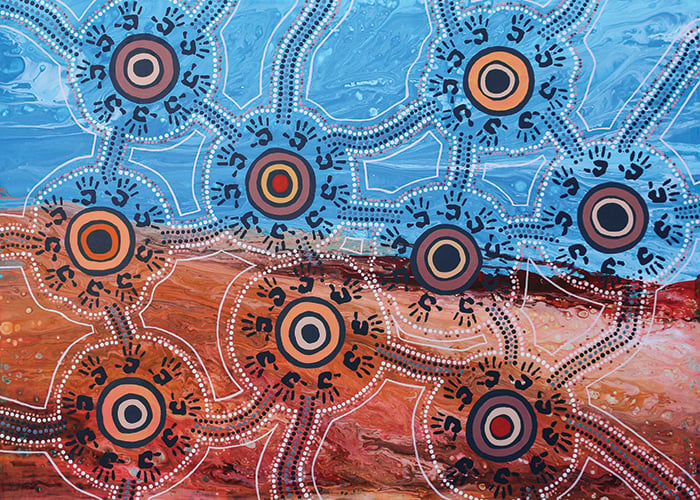
Hip Hop 2 SToP video It didn’t take long for shyness to make way for excitement when a group of children from Dampier Peninsula communities got
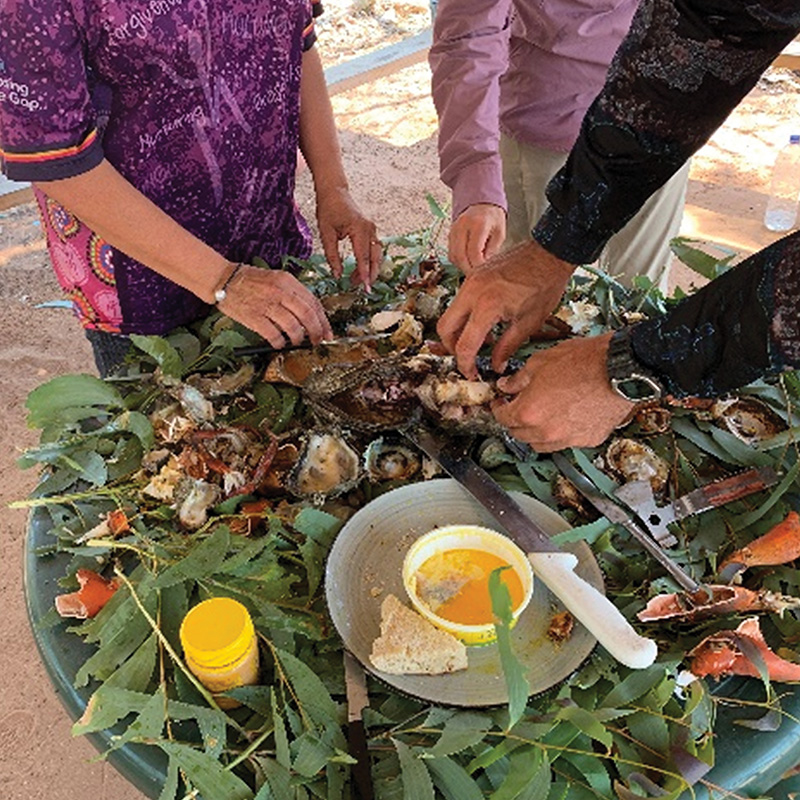
Researchers are collaborating with Community Elders to find out how bush tucker and traditional food can improve the health of Aboriginal children.
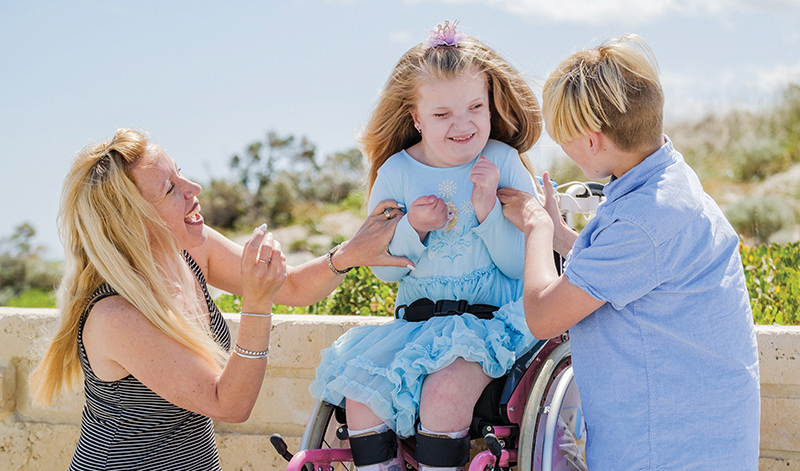
For thousands of WA children living with undiagnosed diseases, it’s hope.

The Walkern Katatdjin (Rainbow Knowledge) project has produced a suite of resources to help services become more inclusive.
Research
Effect of methylphenidate exposure on glutamate and glutamate-related metabolites in patients with ADHD: a systematic reviewDysfunctional glutamatergic neurotransmission has been implicated in the underlying pathogenesis of Attention Deficit Hyperactivity Disorder (ADHD). The psychostimulant methylphenidate (MPH), which is used as a first line treatment for ADHD, has been shown to have both acute and chronic effects on prefrontal cortex glutamatergic afferents. Animal studies have also identified an effect of MPH and glutamate in prefrontal areas. Despite this there are ongoing questions as to the extent and direction of this effect, as well as its impact on other neurobiological processes.
Research
The Use of Alcohol Pharmacotherapies and Prescription Contraceptives among Females of Reproductive Age in AustraliaThere is no clear clinical guidance on the use of alcohol pharmacotherapies in pregnancy due to insufficient safety information. Contraception should therefore be considered for reproductive-aged females receiving alcohol pharmacotherapies not wishing to become pregnant. This study evaluated the concurrent use of alcohol pharmacotherapies with prescription contraception and other medications in Australian females of reproductive age compared to those not receiving an alcohol pharmacotherapy.
Research
The human milk microbiome is minimally associated with breastfeeding practicesThe human milk microbiome is dominated by typical oral and skin bacteria, suggesting that bacterial communities from the infant mouth and maternal skin contribute to the development of the human milk microbiome. It is postulated that breastfeeding characteristics, such as breastfeeding frequency and duration, could lead to different levels of exposure to oral and skin bacteria, and subsequently, altered bacterial profiles in human milk.
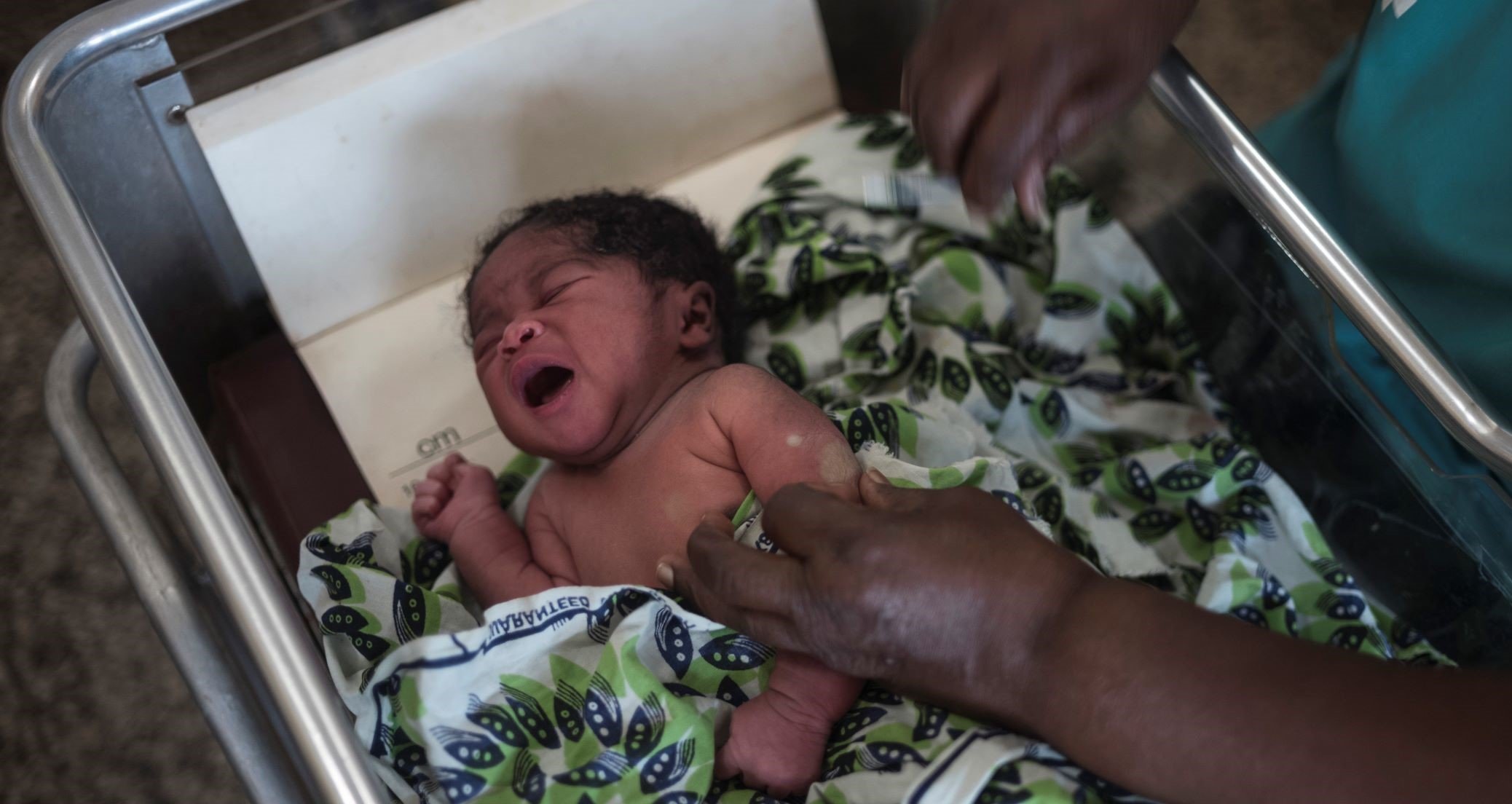
The veteran tuberculosis vaccine BCG has puzzled scientists for decades. Now, The Kids researchers have not only unlocked part of the secret to its success in saving the lives of newborns, but they’re at the forefront of global efforts to test its ability to fight COVID-19.
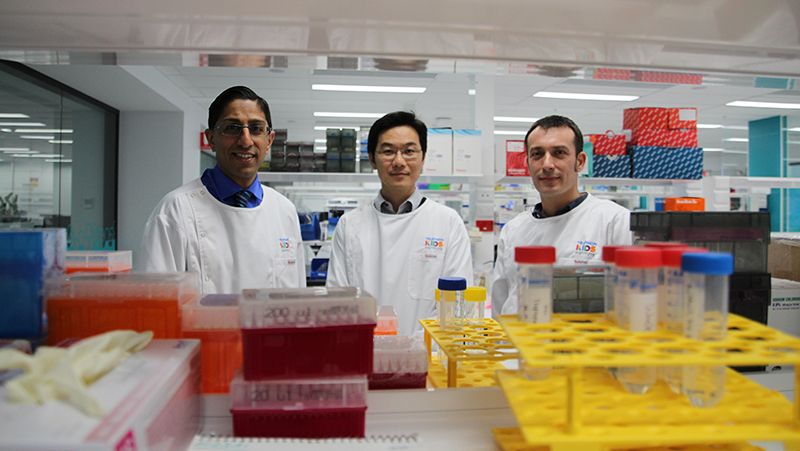
Kids born with Down syndrome are at high risk of an array of health problems – including issues with sight, hearing, heart defects, bone complications, immune disorders and learning difficulties.
Research
Intrauterine growth restriction promotes hypothalamic circadian dysregulation in adult mouse offspringAdverse prenatal conditions can induce intrauterine growth restriction and increase the risk of adulthood metabolic disease. Mechanisms underlying developmentally programmed metabolic disease remain unclear but may involve disrupted postnatal circadian rhythms and kisspeptin signalling.
